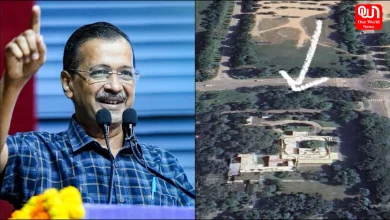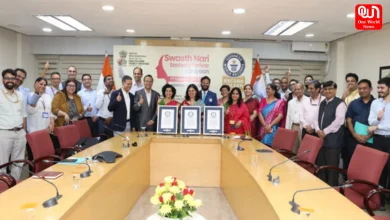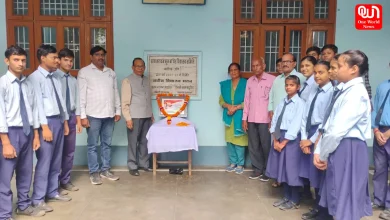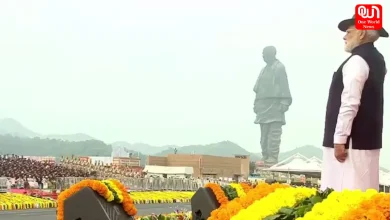CAG found significant anomalies in updating NRC for Assam
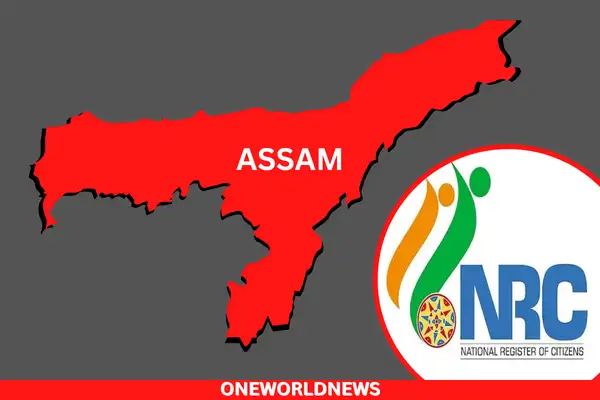
On suspicion of their claims to be Indian citizens, 1.9 million of the 33 million applicants were excluded from the final NRC list that was published in August 2019
The Comptroller and Auditor General (CAG) of India have found significant anomalies in updating the National Register of Citizens (NRC) for Assam, the report of which was tabled in the state assembly on Friday.
According to Supreme Court directives, the 1951 NRC for Assam was updated to identify people who had entered the country illegally after March 25, 1971. On suspicion of their claims to be Indian citizens, 1.9 million of the 33 million applicants were excluded from the final NRC list that was published in August 2019.
Based on the CAG report, which was presented to the Assam legislature on 24 December, 215 software utilities were haphazardly added to the main programme that was used for updating the NRC due to a lack of basic planning, The Hindu report.
It was further said that these actions were taken without following the proper procedures for software development or the selection of vendors through eligibility testing after national tendering.
“Haphazard development of software and utilities for NRC data capture and correction posed the risk of data tampering without leaving any audit trail. The audit trail could have ensured accountability for the veracity of NRC data,” the CAG report stated.
“Thus, the intended objective of preparing a valid, error-free NRC has not been met despite the direct expenditure of ₹1,579.78 cr as well as manpower cost of development of a large number of government servants ranging from 40,000 to 71,000,” it added.
The study also noted the large change in scope of the originally envisioned NRC update software, which contributed to the project cost escalation from 288.18 cr in 2014 to 1,602.66 cr (when the process was finished in 2019).
The CAG advised forming the state coordinator of NRC’s accountability and recommending time-bound action for the excessive, irregular, and unlawful payment made to the vendor.
Additionally, it recommended taking legal action against systems integrator M/S Wipro Limited for breaking the Minimum Wages (MW) Act by paying (data entry) operators less than the legal minimum wage. The state coordinator of NRC was held accountable in the report for failing to ensure that the MW Act was being followed.
“We had been waiting for the report of CAG with regards to irregularities in the NRC updation process. Now that the report has been submitted, we will take a call on the next course of action,” chief minister Himanta Biswa Sarma told journalists.
Following instructions from the Supreme Court, which was overseeing the NRC process, Prateek Hajela, an Indian Administrative Service (IAS) officer who was the state NRC coordinator at the time and had managed the entire exercise, was transferred to his parent state Madhya Pradesh a few weeks after the NRC list was made public in August 2019.
The state’s Bharatiya Janata Party (BJP) administration rejected the final NRC as inaccurate, claiming that it contained several inconsistencies, left out qualified people, and included illegal immigrants. Since then, the Assam government has asked the Supreme Court to review the entire exercise.
Several local organisations and groups in Assam have also objected to the list and asked the Supreme Court to review it. All of those petitions are currently pending before the supreme court.
Hajela’s successor as state coordinator of the NRC, Hitesh Dev Sarma, filed a police report against him in May of this year, accusing him of treason for knowingly permitting flaws in the compilation of the list that led to illegal immigrants registering their names as Indians.
Sarma claims that Hajela willfully broke the law, purposefully skipped quality checks when updating the NRC, and permitted declared foreigners, dubious voters, and their offspring to enlist their names.
Sarma filed a complaint against Hajela and a few other officers with the Criminal Investigation Department (CID) of the Assam police under Sections 120B, 166A, 167, 181, 218, 420, and 466 of the Indian Penal Code, describing this as anti-national activities that would jeopardise India’s security (IPC).
Read more: Will Rahul Gandhi Stop Bharat Jodo Yatra?
“We had stated even before the publication of the final NRC that Hajela was involved in irregularities. Now the CAG has officially acknowledged the anomalies and corruption,” said Abhijeet Sharma of Assam Public Works (APW), A Guwahati-based NGO that filed a petition in the Supreme Court that started the process of revising the NRC. Additionally, the NGO has reported three instances of corruption and irregularities against Hajela.
however, The complete draft of the list of citizens was published in August 2019, excluding 19.06 lakh people out of a total of 3.3 crore applicants.
The Hindutva administration claims it intends to find and remove illegal immigrants from Bangladesh using the contentious citizenship list.
Critics have been saying that Prime Minister Narendra Modi‘s Hindu nationalist Bharatiya Janata Party (BJP) has used the citizenship issue to target the minority-Muslim community, who form one-third of Assam state’s population.
The minority-Muslim community, which makes up one-third of Assam state’s population, has been accused by critics of Prime Minister Narendra Modi’s Hindu nationalist Bharatiya Janata Party (BJP) of using the citizenship question as a weapon against them.

